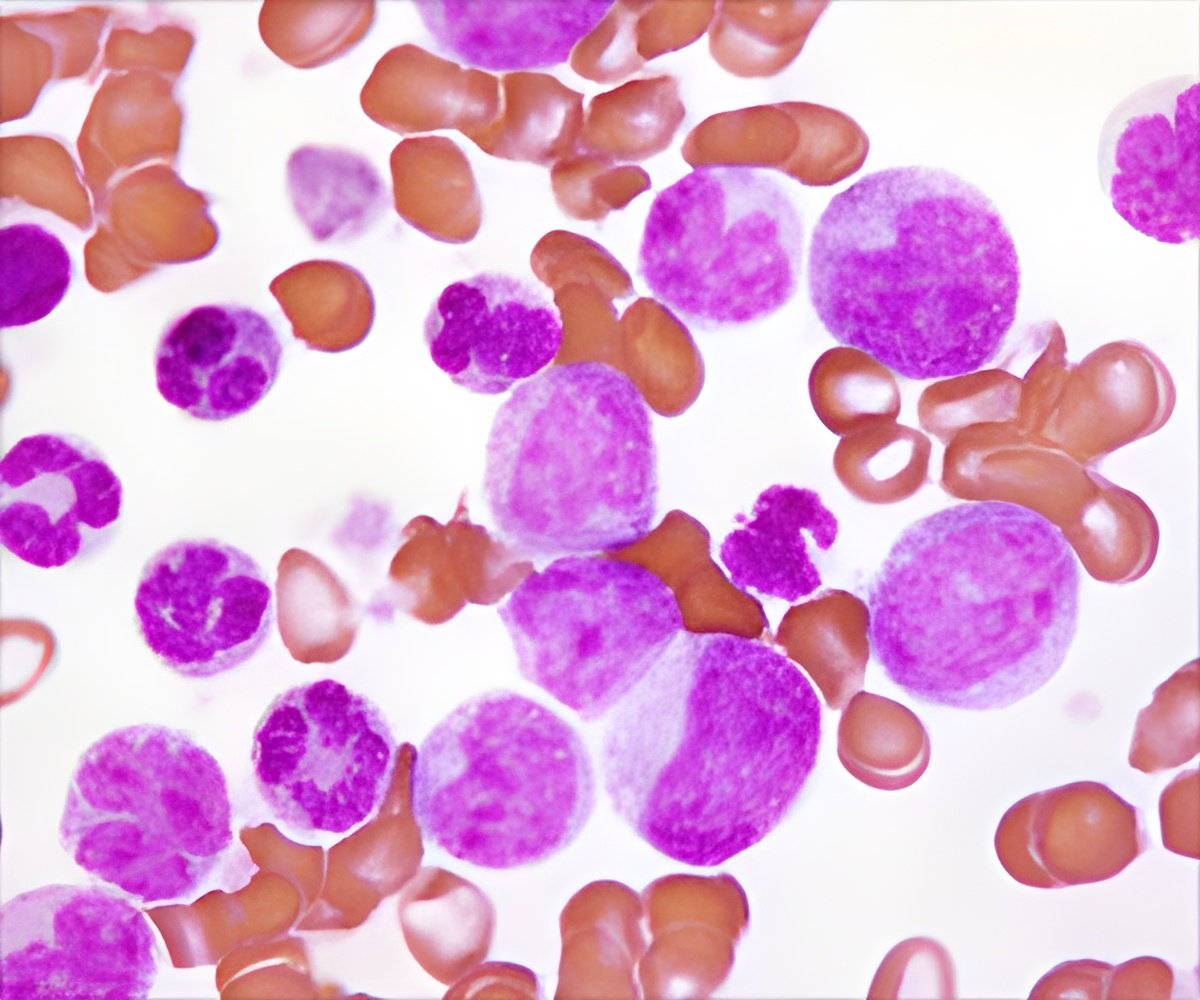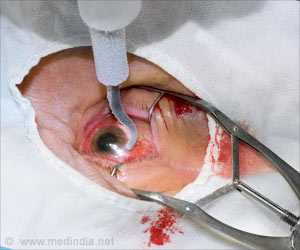A newly modified stem cell transplant that uses genetically engineered blood cells from a family member can help treat acute myeloid leukemia (AML).

‘Acute myeloid leukemia (AML) affects more than 20,000 Americans annually, according to the National Cancer Institute. A newly modified stem cell transplant that uses genetically engineered blood cells from a family member can treat the disease.’





In three two-hour infusions at William P. Clements Jr. University Hospital last July, the elder Mr. Dandridge received the life-giving transplant from his 31-year-old son. "My skin is my own DNA, but inside I'm all Jon," said Mr. Dandridge, 65. "I have my son Jon's DNA in my blood stream, bone marrow, and immune system." His transformational journey began in 2013, when Mr. Dandridge visited his doctor for a routine check of his cholesterol levels and laboratory tests revealed low blood counts. Mr. Dandridge was diagnosed with myelodysplastic syndrome, also called pre-leukemia or MDS. By 2014, his disease had progressed to acute myeloid leukemia (AML), which affects more than 20,000 Americans annually, according to the National Cancer Institute. He was referred to UTÂ Southwestern's Simmons Cancer Center, where his disease was tested for genetic mutations.
"We wanted to know whether he had specific mutations in his cancer cells. We found a mutation called IDH 2, which causes the body to produce an abnormal protein that promotes excessive cell growth. If you can target that mutation and stop the abnormal protein from being produced, then cells start behaving normally," said Dr. Madhuri Vusirikala, Professor of Internal Medicine and the primary investigator of many UTÂ Southwestern clinical trials related to bone marrow transplantation.
Mr. Dandridge enrolled in one such UTÂ Southwestern clinical trial, studying a therapy called AG-221, developed by Agios Pharmaceuticals and the Celgene Corporation. He took four pills each morning for the next eight months. "We saw marked improvement. He did not go into complete remission, but had an excellent response," said Dr. Vusirikala, Director of UTÂ Southwestern's National Marrow Donor Program, part of the stem cell transplant program. That success made him eligible for a potentially curative stem cell transplant.
But finding a donor then proved challenging. "The best chance of finding a full match is usually a full sibling; however, Chuck has no full siblings," Dr. Vusirikala said. Additionally, minorities are under-represented in the registry, with about 70 percent of donors in the National Marrow Donor Registry being Caucasian. Mr. Dandridge is African-American. A search for an unrelated donor proved unsuccessful.
Advertisement
Once again, Mr. Dandridge volunteered for a cutting-edge clinical trial, known as BP-001, which processed the stem cells used in the transplant to reduce the risk of rejection and engineered blood cells that can be targeted if GvHD develops after the transplant.
Advertisement
His immune system is recovering and the former Norman, Oklahoma YMCA CEO is now mentoring first-time CEOs for the YMCA. Dr. Vusirikala runs the Bone Marrow Transplant and Hematologic Malignancies Clinic's Chronic Graft-Versus-Host Disease (GVHD) Clinic, a survivorship program that serves patients who develop this complication after an allogeneic transplantation.
Source-Newswise













